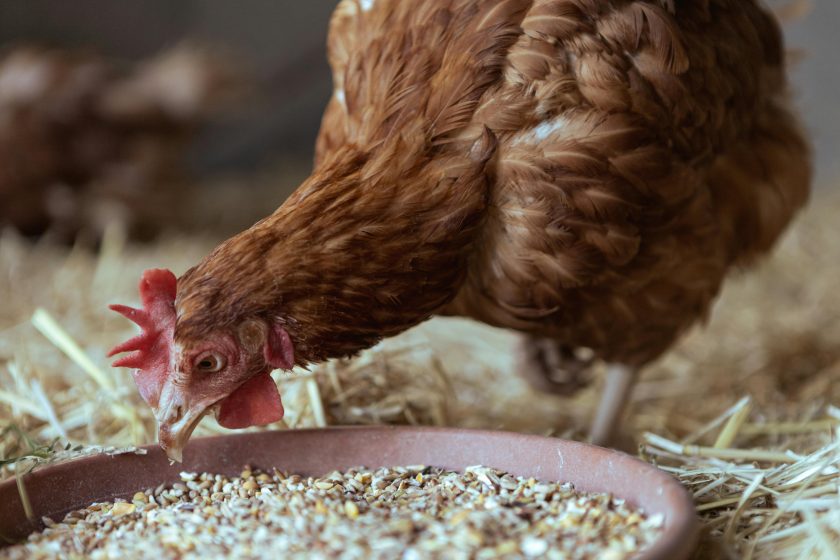Content available at: Tiếng Việt (Vietnamese)
The Vietnam Animal Husbandry Association and the Vietnam Animal Feed Association have jointly submitted a proposal that the Ministry of Finance issue clear, unified guidance on value-added tax (VAT) for animal feed, especially traditional ingredients.
Businesses and livestock farmers report inconsistent interpretation of VAT rules by local tax authorities.
While law identify many traditional feed ingredients as VAT-exempt, some localities continue applying a 5% VAT rate to ingredients like paddy, corn, bran, wheat, and oilseed meal.
Legal grounds for VAT exemption
Clause 3, Article 5 of the Law on Value-Added Tax No. 48/2024/QH15 (effective from July 1, 2025) states that animal feed and aquafeed, as defined by their respective regulations, are not subject to VAT.
This aligns with the Law on Animal Husbandry No. 32/2018/QH14, which defines animal feed to include both complete and traditional feed. Among these products widely used by animal protein producers are paddy, rice, corn, bran, cassava, sweet potato, shrimp, crab, and fish.
Further support comes from the Ministry of Agriculture and Rural Development’s Circular No. 21/2019/TT-BNNPTNT. It confirms corn, paddy, wheat, oilseed meal, bran, soybean, and others as traditional feed ingredients. Thus, all are exempt under current VAT law when used in animal feed production.
Misinterpretation raises costs of farmers
Despite these policies, some local authorities continuer to slap VAT on traditional feed ingredients. This creates unnecessary financial burdens for farmers and feed producers, as these ingredients account for up to 70% of feed production.
Ingredients such as corn, wheat, and legumes account for 70% of animal feed production.
When VAT is charged on inputs while the final products are VAT-exempt, businesses lose access to tax deductions. Production costs rise, and competitiveness drops, especially against imported feed, which enjoys price and tax advantages.
Vietnam relies on imported raw materials for over 90% of industrial feed production. Therefore, inconsistent tax enforcement only adds to the challenges faced by domestic producers.
A nationwide directive
The two associations welcomed the Ministry of Finance’s efforts to reduce import taxes on several essential raw materials to 0%, but urged further support.
They called on the Ministry of Finance for an official nationwide directive to ensure consistent implementation.
Their core request is simple: reaffirm that agricultural products used as feed ingredients—whether raw or semi-processed—are VAT-exempt under Clause 3, Article 5 of the VAT Law and relevant provisions of the Law on Animal Husbandry.

